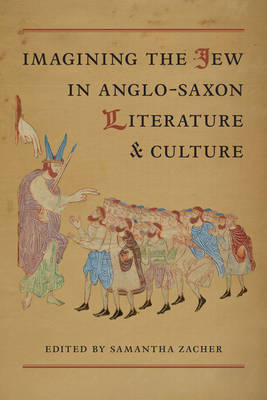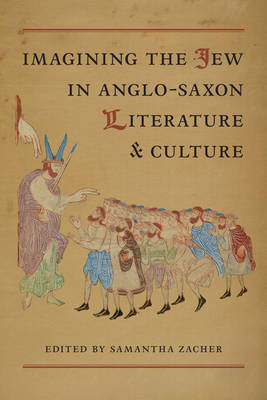
- Retrait gratuit dans votre magasin Club
- 7.000.000 titres dans notre catalogue
- Payer en toute sécurité
- Toujours un magasin près de chez vous
- Retrait gratuit dans votre magasin Club
- 7.000.0000 titres dans notre catalogue
- Payer en toute sécurité
- Toujours un magasin près de chez vous
Imagining the Jew in Anglo-Saxon Literature and Culture
Description
Most studies of Jews in medieval England begin with the year 1066, when Jews first arrived on English soil. Yet the absence of Jews in England before the conquest did not prevent early English authors from writing obsessively about them. Using material from the writings of the Church Fathers, contemporary continental sources, widespread cultural stereotypes, and their own imaginations, their depictions of Jews reflected their own politico-theological experiences.
The thirteen essays in Imagining the Jew in Anglo-Saxon Literature and Culture examine visual and textual representations of Jews, the translation and interpretation of Scripture, the use of Hebrew words and etymologies, and the treatment of Jewish spaces and landmarks. By studying the "imaginary Jews" of Anglo-Saxon England, they offer new perspectives on the treatment of race, religion, and ethnicity in pre- and post-conquest literature and culture.
Spécifications
Parties prenantes
- Editeur:
Contenu
- Nombre de pages :
- 376
- Langue:
- Anglais
- Collection :
Caractéristiques
- EAN:
- 9781442646674
- Date de parution :
- 04-07-16
- Format:
- Livre relié
- Format numérique:
- Genaaid
- Dimensions :
- 165 mm x 231 mm
- Poids :
- 725 g

Les avis
Nous publions uniquement les avis qui respectent les conditions requises. Consultez nos conditions pour les avis.





